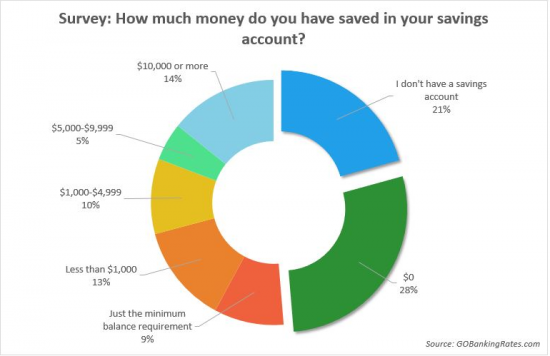There are a lot of people out there who believe they will never be able to retire. But others have saved enough to where they are asking, “What can I do to retire early?”
If you want to retire before the standard retirement age of 62, there are a few things you must do.
Save Early And Often
You need to save, save, save. Save consistently and max out your 401(k), IRA, or both. The sooner you start saving the more your investments compound, which means the earlier you can retire.

How Much Should You Save
Everybody is in a different situation so this is not a one size fits all type of answer. Instead I ran an analysis on how much a typical 40 year old couple would need to save in order to retire at age 59.
You can run a quick analysis like this in our free retirement withdrawal calculator or sign up for a free trial of our more comprehensive WealthTrace Financial Planner.
Before we dig into the results, here are some of the assumptions I used.
1) This couple will spend $60,000 per year in retirement (not including taxes).
2) Today they have $200,000 in savings (75% stocks, 25% bonds).
3) They save $20,000 per year combined.
What We Found
I ran the analysis and here is what I found:
1) By saving $20,000 per year they will have nearly $1.4 million when they retire.
2) If they reduce how much they save by only $5,000 per year, the amount they have at retirement drops by $250,000 and the amount of money they have left when they’re 85 drops by $550,000.
Needless to say, saving is so important. Just a small reduction in how much you save has a dramatic impact over time. Put another way, if you increase how much you save by just a small amount, it can set you up for retirement.
Which Accounts To Put Savings In?
Consistently saving money is a great start. But how do we choose which types of accounts to put our savings?
If you only save to accounts that are taxable, the odds are you are not doing the best you can. If you have a 401(k) plan at work, this is where you should start. If you save $18,000 per year to your 401(k) for 20 years and your company matches 50% of this, you will have nearly $1.2 million at the end. This assumes an 8% rate of return on your 401(k) investments. At a 7% rate of return, the amount you will have is about $1 million. There really is nothing better than a 401(k) plan to help you retire comfortably.
Create A Solid Income Stream
It is nearly impossible to get enough income from treasury bonds now. Interest rates are just too low. Instead, look to dividend-growth stocks that have a history of increasing dividends over time. A few of my favorites are Exxon (XOM), Johnson & Johnson (JNJ), Procter & Gamble (P), and Altria (MO).
Companies like these can give you stable income payments for the rest of your life. It also means that you will not need to dip into the principal value of your investments, which would ensure that you never outlive your money in retirement.
Photo: Doug Carey
Comments